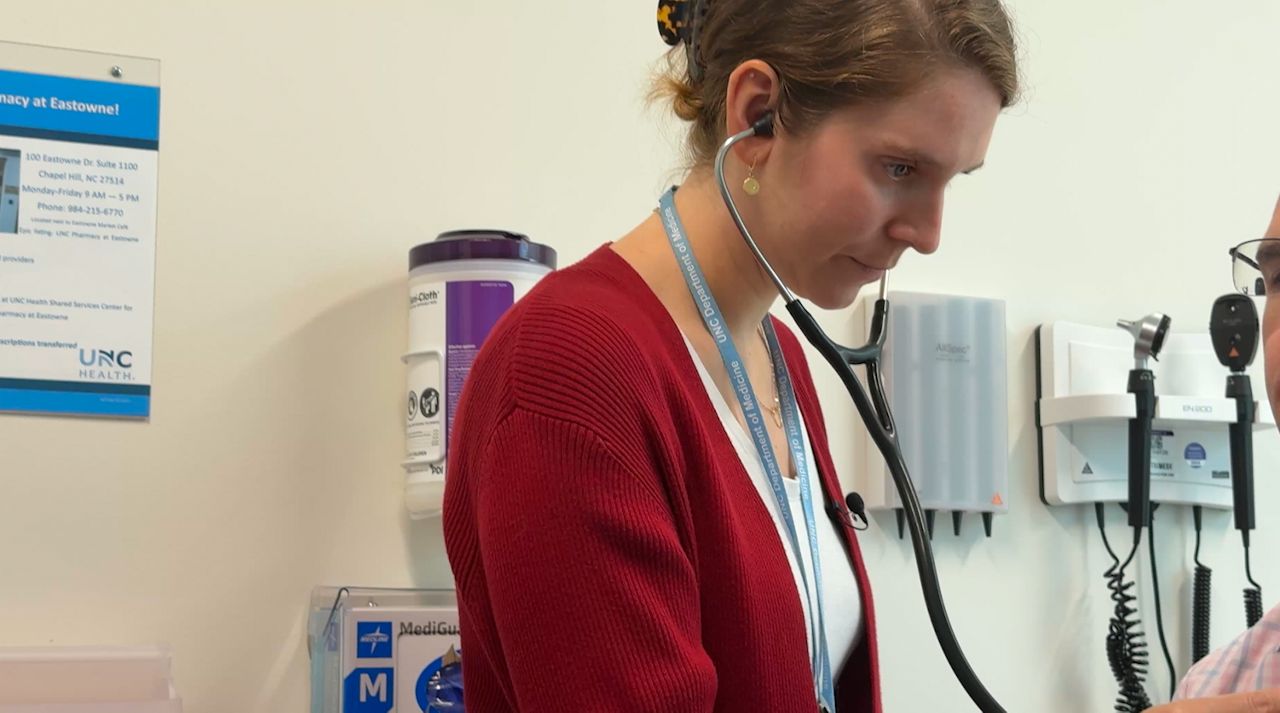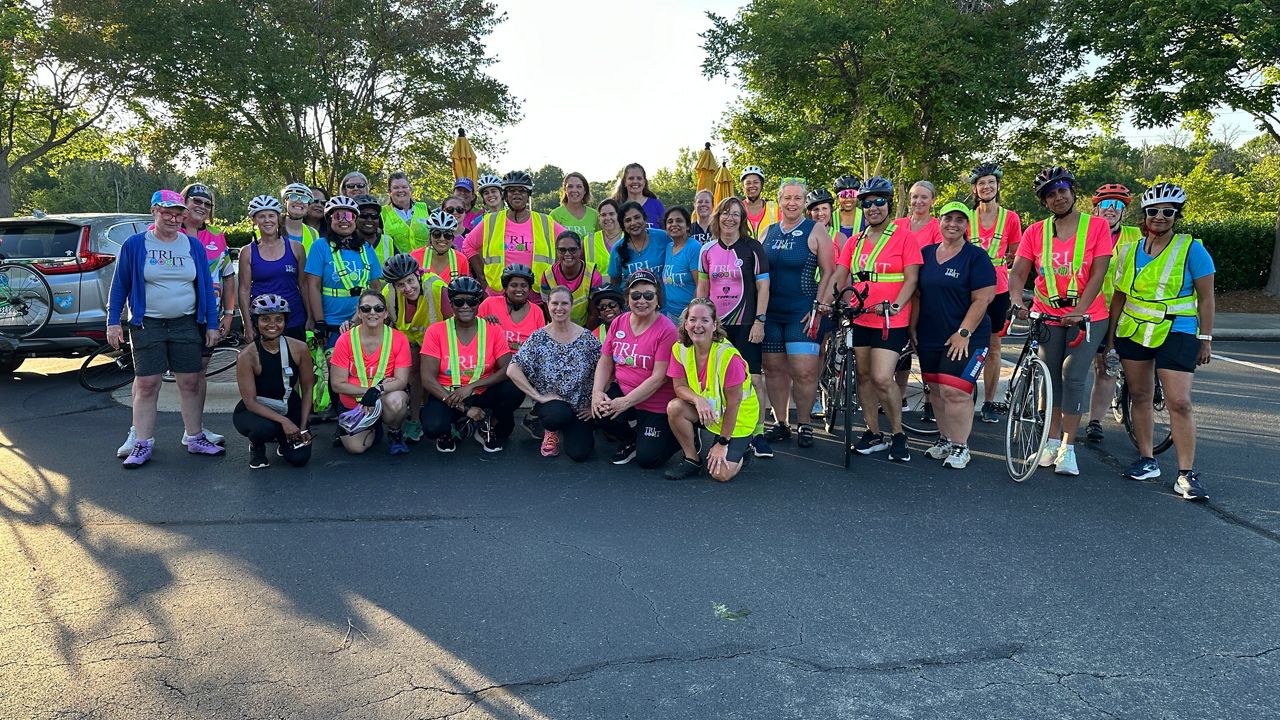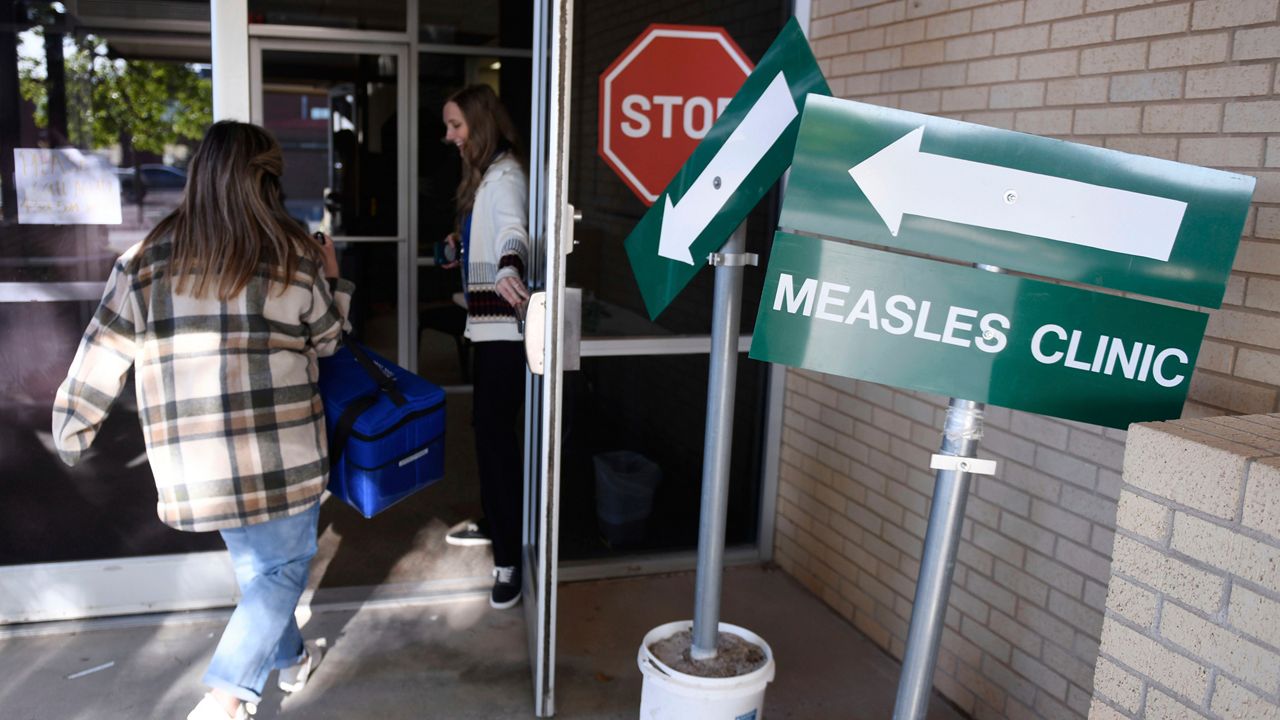HIGH POINT, N.C. — Vaping among teens has decreased, but health leaders say it’s still a serious issue.
According to the Centers for Disease Control, about 11.3% of high school students report using an electronic cigarette in the last 30 days
E-cigarette usage has decreased among youth with about 6.2 million users in 2019 and 4.47 million in 2029
The CDC reports e-cigarettes have been the most commonly used tobacco product among youth since 2014
Luka Kinard loves the outdoors. He grew up in the Boy Scouts and would often take trips camping. He also played several sports in middle school, such as soccer and basketball. He describes himself as a typical teenager until he entered high school.
“I came out of middle school being bullied a lot,” Kinard said. “I wanted to fit in, and I didn’t want to experience that anymore in high school.”
The first time someone offered him an e-cigarette was his freshman year at a football game. He said yes because he wanted to fit in. Shortly after, he became hooked.
“I was going through four Juul pods a day, which is quite a bit,” Kinard said.“I was going through four Juul pods a day, which is quite a bit,” Kinard said.
According to the CDC, one Juul pod is equivalent to a pack of 20 cigarettes. If Kinard was smoking four pods a day, that is equivalent to 80 cigarettes. His mother says he immediately became more aggressive.
“He became explosive, I don’t mean just yelling," Luka’s mother Kelly Kinard said. “I mean he was destroying our household furniture and kicking in doors. It was over minor things.”
One day, he was with a friend when he suddenly had a seizure. The friend immediately called his mother, who took him to the hospital.
“We were worried about losing our son,” Kelly Kinard said. “I had been worried for a year about it, but this made it more real.”
His mother knew she needed to take action for the sake of her son’s life. She decided to put him in rehabilitation.”
“Not everyone needs rehab,” Kinard said. “Every brain is different and every level of addiction is different. But addiction is addiction, and it needs to be treated somehow and frequently needs outside help.”
Luckily, rehab worked and helped him kick his habit. Luka Kinard went on to earn his rank as an Eagle Scout. He said it was one of the accomplishments he is most proud of, and he has a message to share with other teenagers.
“There are other alternatives,” Luka Kinard said. “Whatever reasons you are doing this, whether that be stress, you're curious or trying to fit in, know that you can fill that same void with something else that is a lot healthier for you.”
A recent study found e-cigarettes were “not” an effective tool to help people quit smoking. The study was conducted at the University of California San Diego. It found that replacements such as gum, patches or lozenges were more effective at helping someone quit. Novant Health Registered Respiratory Therapist Alyssa Dittner gave advice about how to quit.
“They need to first commit. You can’t just talk someone into it, they have to make that personal choice. And they really need to understand why they are smoking," she said.
The North Carolina Quitline is available to help those who want to stop using nicotine. The line is open 24/7 at 1-800-quit-now.










